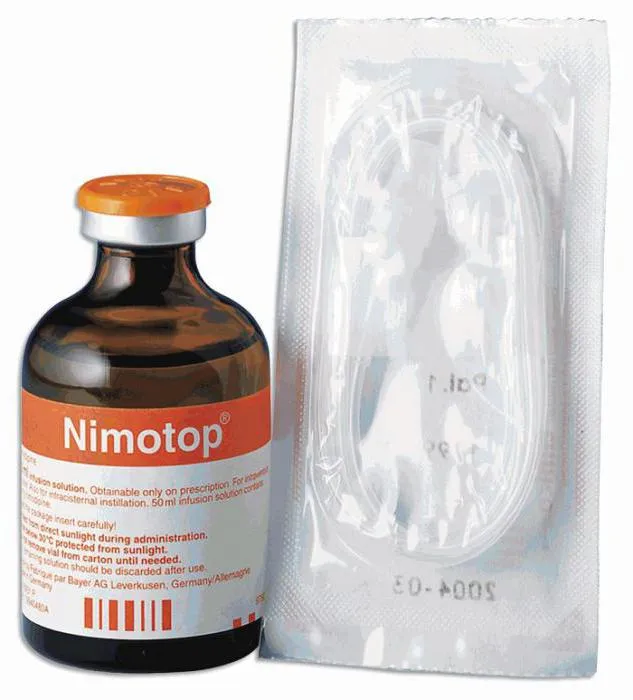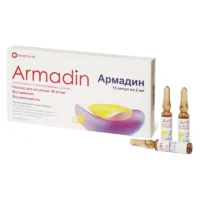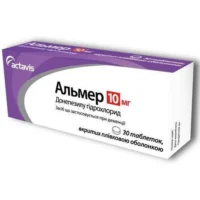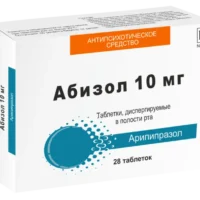Description
Nimotop Solution for Infusions 50 ml. 10 mg. №5 Vial
Ingredients:
- Each vial contains 10 mg of Nimodipine as the active ingredient.
- Other ingredients include citric acid, purified water, and sodium citrate.
Dosage:
The usual dosage is 1-2 vials every 4 hours. Dosage may vary based on the patient’s condition and response to treatment. It is administered through intravenous infusion.
Indications:
Nimotop solution is indicated for the improvement of neurological outcome by reducing the incidence and severity of ischemic deficits in patients with subarachnoid hemorrhage.
Contraindications:
Do not use Nimotop solution if you are allergic to nimodipine or any of the other ingredients. It is contraindicated in patients with unstable angina, recent myocardial infarction, and other conditions.
Directions:
Administer Nimotop solution as directed by a healthcare professional. It should be diluted before use and infused over a specified period to prevent adverse effects.
Scientific Evidence:
Nimodipine, the active ingredient in Nimotop solution, is a calcium channel blocker that specifically acts on cerebral blood vessels. Studies have shown that nimodipine improves neurological outcomes and reduces the risk of delayed cerebral ischemia in patients with subarachnoid hemorrhage (SAH) when administered within 96 hours of the initial bleeding event. Research published in the Journal of Neurosurgery supports the use of nimodipine in SAH patients to prevent vasospasm and improve clinical outcomes.
Additional Information:
- Nimotop solution for infusions is well-tolerated, with common side effects including hypotension, headache, and nausea.
- It is important to monitor blood pressure during treatment.
Pharmacological Effects: Nimodipine acts selectively on cerebral blood vessels, leading to vasodilation and improved blood flow to the brain. This mechanism helps prevent vasospasm and subsequent ischemic damage in patients with subarachnoid hemorrhage.
Clinical Trials: Clinical trials have demonstrated the efficacy of nimodipine in reducing the incidence of cerebral vasospasm and improving neurological outcomes in patients with subarachnoid hemorrhage. A meta-analysis published in the Cochrane Database of Systematic Reviews confirmed the benefits of nimodipine therapy in this patient population.





